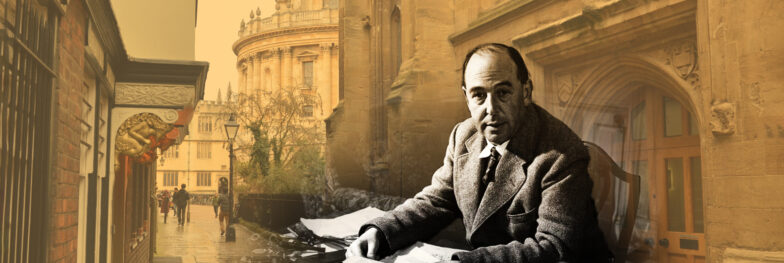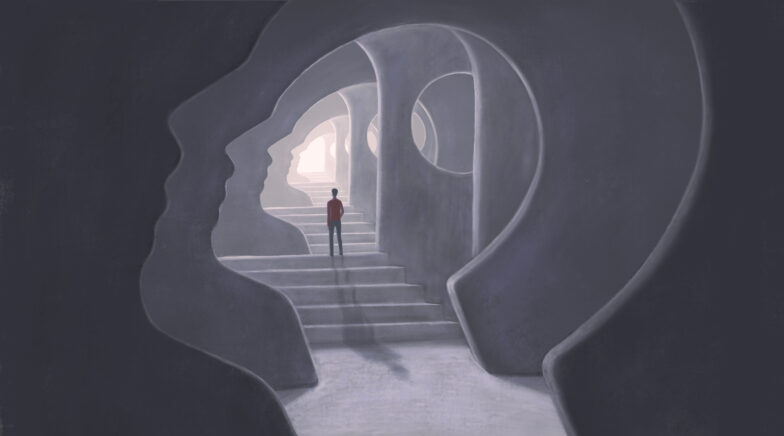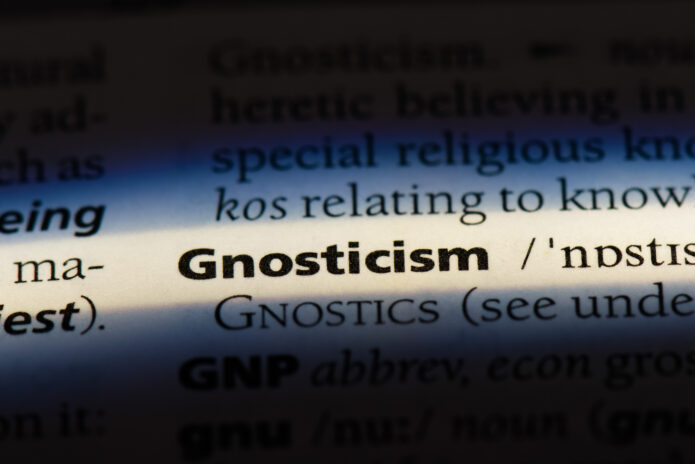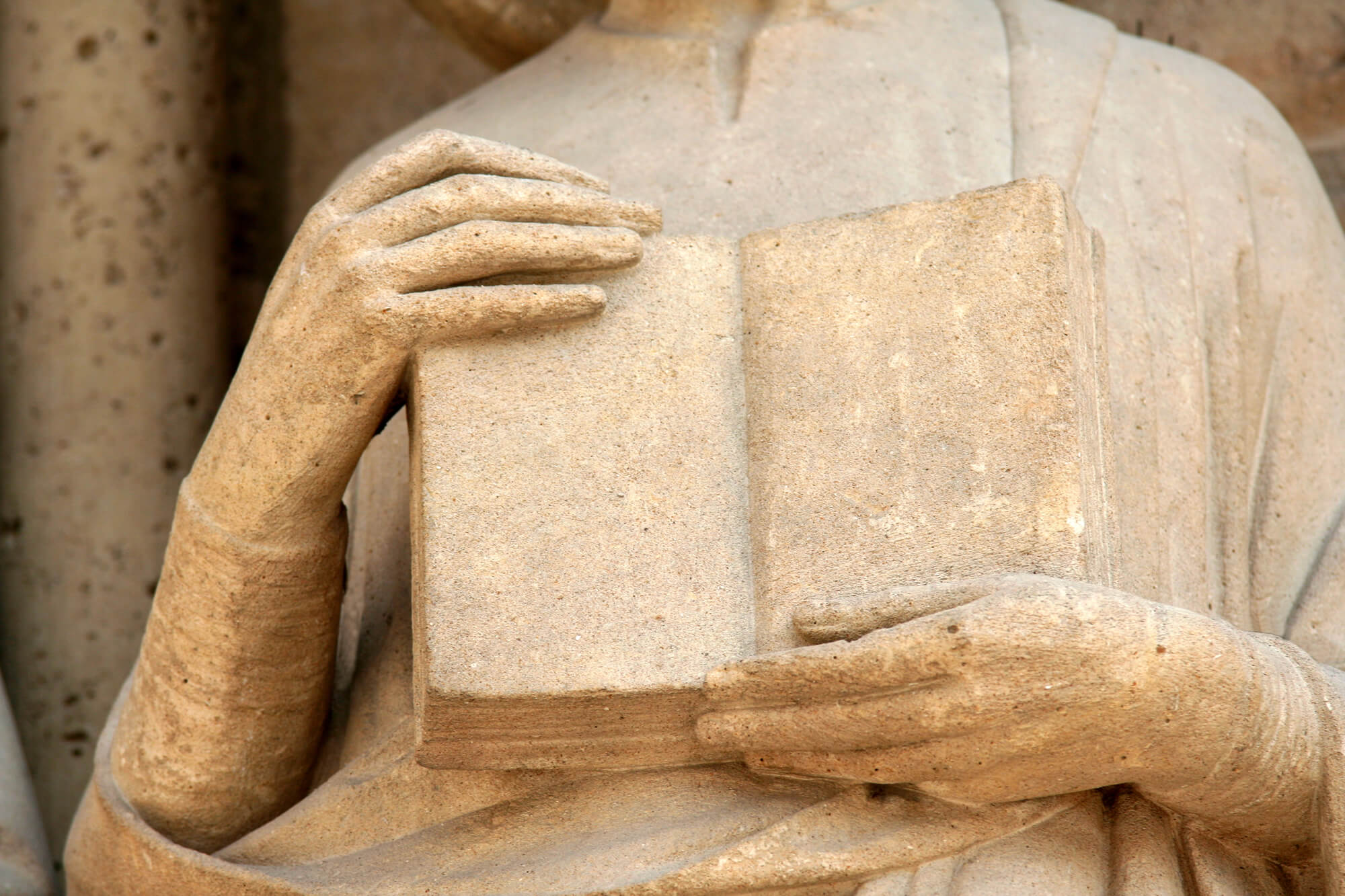


Three Things I’ve Learned from Reading C. S. Lewis
May 16, 2023
Christians Differing on Creation Issues with Charity
May 2, 2023
Want to Learn More about Tolkien? An Introductory Documentary
April 18, 2023
Knowing Titles of the Divine Persons Leads to Trinitarian Devotion
April 4, 2023
People Who Introduced Me to the Life of the Mind
March 21, 2023
Thoughts on the Jesus Revolution Movie
March 7, 2023
How Historic Christian Theology Is Logically Connected
February 28, 2023
Heresies Never Die: Gnosticism
February 14, 2023
Three C. S. Lewis Documentaries to Watch in the New Year
December 27, 2022
The Great Christmas Mystery
December 13, 2022


